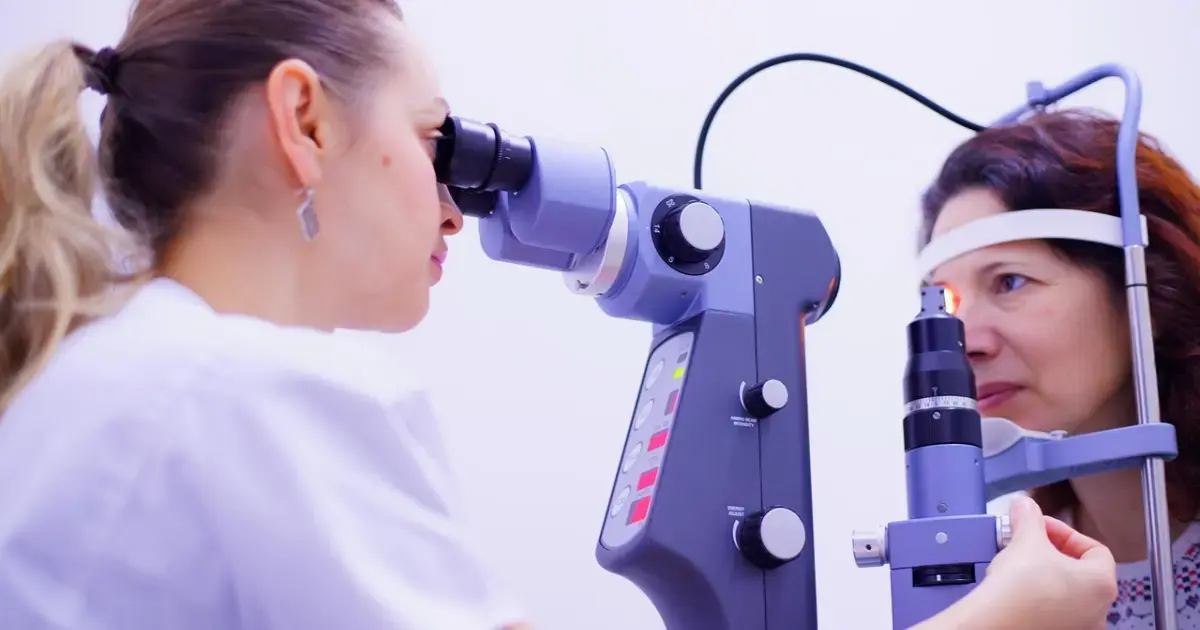 Identifying heart risks and signs of through a simple eye scan allows for early diagnosis and treatment of diseases.
Identifying heart risks and signs of through a simple eye scan allows for early diagnosis and treatment of diseases.
A new study by a British-Canadian team of researchers provides compelling evidence that our eyes effectively transmit signals about our health. The researchers found that tiny blood vessels at the back of the eyes indicate the overall condition of our vascular system.
What Did the Scientists Discover?
While previous studies have shown a correlation between the complexity of retinal blood vessels and overall heart health, the authors of this new work aimed to delve deeper into what underlies this connection.
A diverse team from the University of Dundee, the University of Edinburgh (UK), and McMaster University (Canada) analyzed eye scans and genetic data from 74,434 volunteers. The scientists observed that individuals with less branched blood vessels in their eyes faced a higher genetic risk of cardiovascular diseases.
To prove this, the researchers employed a method called Mendelian randomization, which separates genetic factors (in this case, the risk of cardiovascular diseases) from actual health issues.
The analysis revealed that lower complexity (or fractal dimension) of blood vessels is associated with faster biological aging and a higher risk of heart disease.

“The eye provides a unique, non-invasive view of the body’s vascular system,” noted Dr. Marie Piguet from McMaster University (Canada), the lead author of the study.
Using data from a separate cohort, the team also identified certain proteins, primarily MMP12 and the IgG–Fc IIb receptor, that likely influence the condition of blood vessels. These proteins could eventually serve as a basis for preventive therapy, as reported by Science Alert.
“By combining retinal scan data, genetics, and blood biomarkers, we uncovered molecular pathways that help explain how aging affects the vascular system,” Dr. Piguet explained.
Currently, assessing the risk of age-related ailments such as cardiovascular diseases, , and requires quite complex and lengthy studies. If eye scans can fulfill this role, more people will be able to undergo simple and timely screenings.
The team believes that the ability to influence underlying proteins and inflammation triggers before serious problems arise will be a significant advantage for the aging global population and will enhance humanity’s chances of improving health in later life.
The study’s findings were published in the journal Science Advances.
Photo: Unsplash
